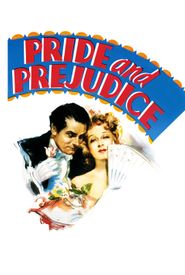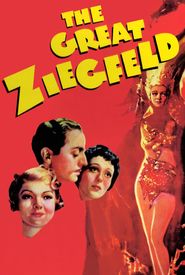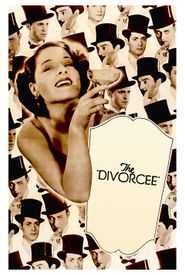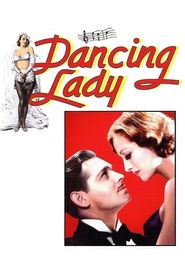Robert Z. Leonard was born in Chicago and studied law at the University of Colorado, but he soon dropped out to pursue a career in the theatre. When his family moved to Hollywood in 1907, Leonard began working in the film industry, initially as an actor with Selig Polyscope.
Leonard eventually turned to directing and helmed a series of short comedy features, before getting his big break with the serial "The Master Key" in 1914. He went on to work at Universal Studios from 1915 to 1919, where he became associated with the films of his future wife, Mae Murray.
In 1919, Leonard and Murray founded Tiffany Productions, which was specifically designed to create star vehicles for Murray. However, the company eventually merged with the Talisman lot to form Tiffany-Stahl Productions, which produced cheap westerns and comedies featuring chimpanzees.
Leonard and Murray divorced in 1925, and Leonard went on to join Metro-Goldwyn-Mayer (MGM) in 1924. He married actress Gertrude Olmstead and became one of the studio's most reliable contract directors, working on a wide range of films, including musicals, comedies, and dramas.
Leonard was known for his ability to handle temperamental personalities and was responsible for directing some of MGM's most successful films, including "Dancing Lady," "The Great Ziegfeld," and "Pride and Prejudice." He also worked on the popular Nelson Eddy-Jeanette MacDonald operettas and the stylish adaptation of Jane Austen's "Pride and Prejudice."
Despite being criticized by film critics for lacking artistic merit, Leonard's films were often commercially successful and provided escapentertainment for audiences. He made a rare foray into film noir with "The Bribe" in 1949, which bombed at the box office but has since gained a cult following.
Leonard left MGM in 1955 and went on to direct a few more films, including "Beautiful But Dangerous" in Italy and "Kelly and Me" at Universal. He retired from the film industry and lived in Beverly Hills with his wife until his death in 1968.

































































